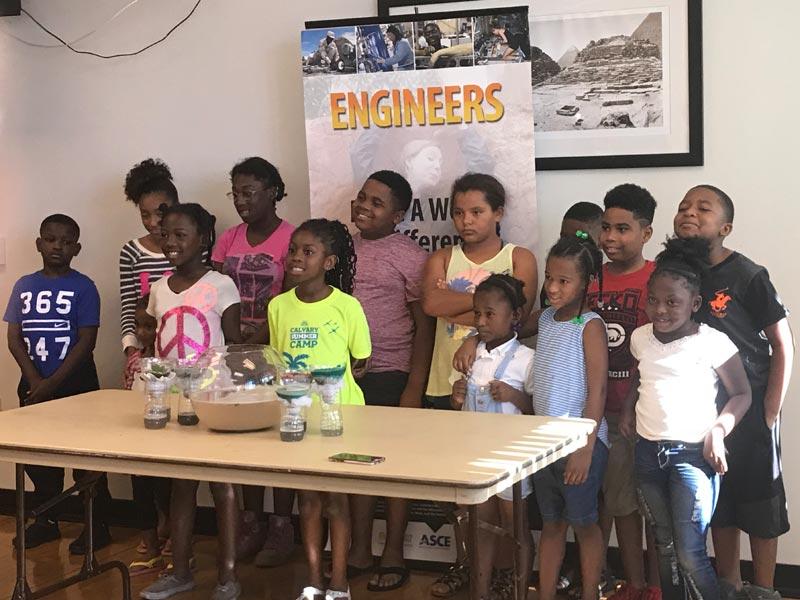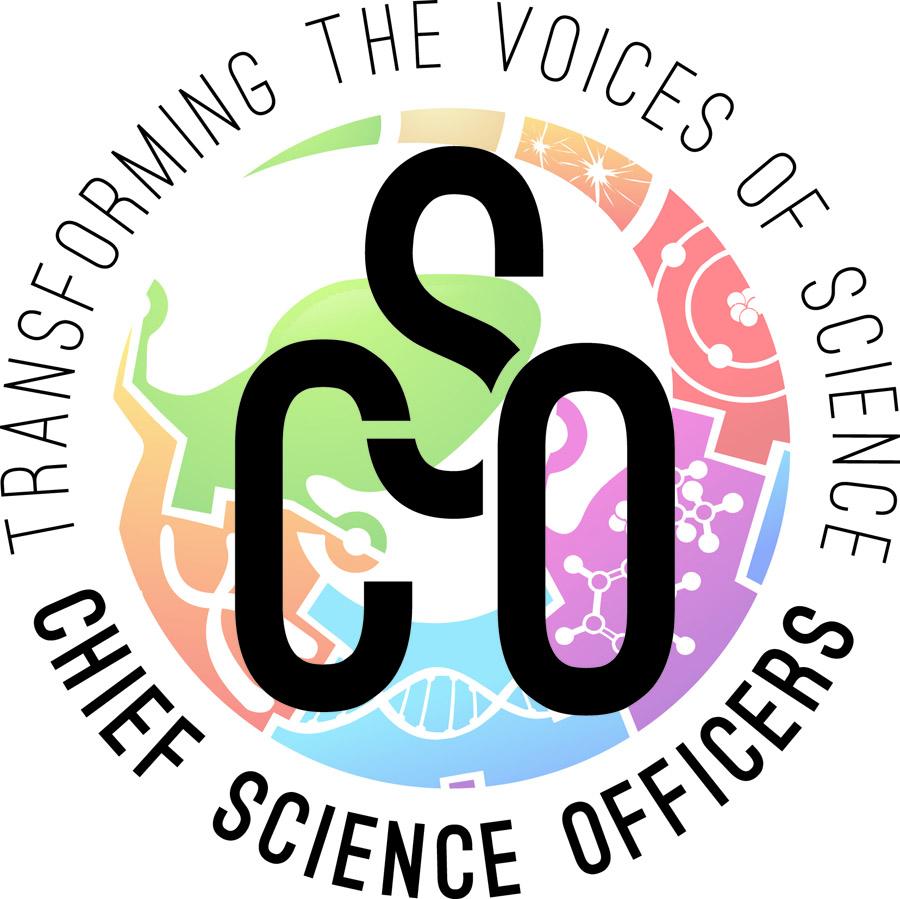Using Flow-Based Music Programming to Engage Children in Computer Science
Achieving the goal of broadening participation in the computer science (CS) workforce will require that children have access to early opportunities to engage with CS. However, the reality is that most underrepresented children in elementary schools do not have access to CS at all. To remediate that lack of access, this project seeks to create a deeply engaging music-based CS education program and curriculum, M-Flow, that can be easily adopted by elementary schools.

